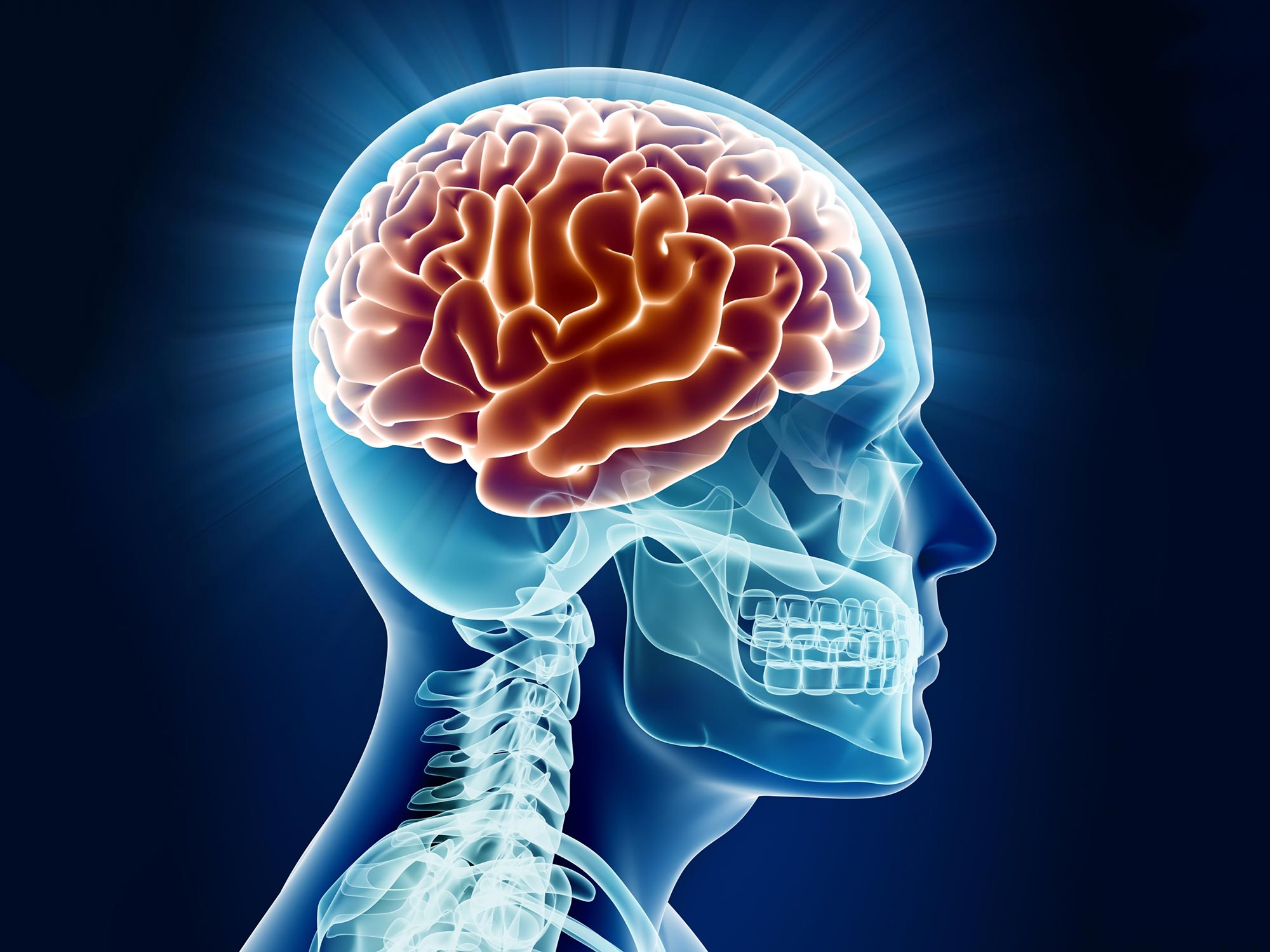
Image Source: Google
OCD, or Obsessive-Compulsive Disorder, is a mental health condition that affects millions of people worldwide. Despite its prevalence, there is still a lot of misunderstanding and stigma surrounding this disorder. However, recent groundbreaking studies have shed new light on OCD, providing valuable insights that can help demystify this complex condition.
One of the key findings from these studies is that OCD is not simply a personality quirk or a preference for cleanliness, as it is often mistakenly portrayed. Instead, OCD is a serious mental illness characterized by intrusive thoughts (obsessions) and repetitive behaviors (compulsions) that can significantly impact a person's quality of life. Understanding the true nature of OCD is essential in order to provide appropriate support and treatment for those affected by the disorder.
Another important insight from recent research is that OCD is a heterogeneous disorder, meaning that it can present differently in different individuals. While some people may experience primarily obsessions related to contamination or harm, others may have obsessions related to symmetry or orderliness. Likewise, the compulsions associated with OCD can vary widely, from washing rituals to counting or checking behaviors. By recognizing the diverse manifestations of OCD, researchers and clinicians can develop more personalized and effective treatment strategies.
Furthermore, studies have shown that OCD is not simply a behavioral issue, but rather a complex interplay of genetic, neurological, and environmental factors. For example, researchers have identified specific genes that may contribute to the development of OCD, shedding light on the biological basis of the disorder. Additionally, neuroimaging studies have revealed abnormalities in brain regions involved in decision-making and impulse control in individuals with OCD, further highlighting the neurological underpinnings of the condition.
Importantly, these findings have also led to advancements in treatment options for OCD. While traditional therapies such as cognitive-behavioral therapy (CBT) and selective serotonin reuptake inhibitors (SSRIs) have long been the mainstays of OCD treatment, new approaches such as deep brain stimulation and transcranial magnetic stimulation are showing promise in targeting the neural circuits involved in OCD. By understanding the biological mechanisms of OCD, researchers can develop more targeted and effective treatments for this disorder.
Moreover, recent studies have highlighted the importance of early intervention in OCD. Research has shown that the longer OCD symptoms go untreated, the more difficult they can be to manage, leading to a chronic and debilitating course of the disorder. By identifying OCD symptoms early and providing appropriate interventions, clinicians can help prevent the escalation of the disorder and improve outcomes for individuals with OCD.
Another key insight from groundbreaking studies is the significant impact of stigma on individuals with OCD. Research has shown that the stigma surrounding mental illness, including OCD, can lead to feelings of shame, isolation, and reluctance to seek treatment. By raising awareness and promoting acceptance of OCD as a legitimate mental health condition, researchers can help reduce the stigma associated with the disorder and encourage individuals to seek help without fear of judgment.
Overall, demystifying OCD through groundbreaking studies is crucial for improving our understanding of this complex disorder and developing more effective treatments. By recognizing OCD as a serious mental illness with biological, genetic, and environmental roots, researchers can pave the way for personalized and targeted interventions that address the diverse manifestations of the disorder. Through early intervention, advancements in treatment options, and efforts to reduce stigma, we can support individuals with OCD in managing their symptoms and improving their quality of life.